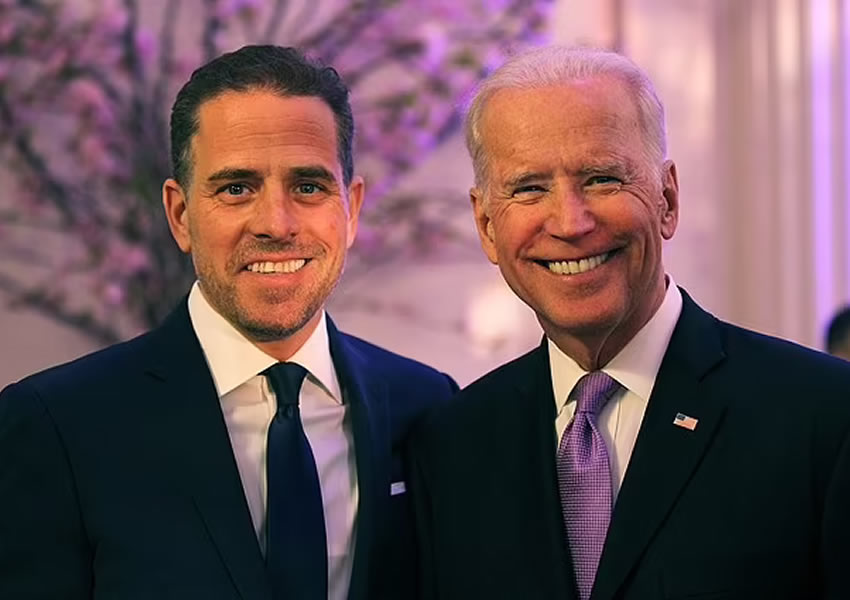Ukraine has a large potential to develop artificial intelligence (AI) and machine learning (ML) areas, says Sergey Kartashov (Sergejs Kartasovs), the Senior Partner of technology company Roosh. According to him, the country takes the lead in Eastern Europe. However, there are some challenges and it is very important to look for ways to handle them.
The Ukrainian IT market is growing so fast that there is a lack of highly skilled professionals. Local educational institutions are not able to train the necessary number of juniors with the required skills. The IT sector is literally fighting for well-experienced specialists.
According to the statistics, an average of about 30% of open vacancies could not be filled. Sergey Kartashov adds that ‘there is also a shortage of experienced CEOs who can get a team together from scratch, set the right KPIs, and bring the product to the market.’
To resolve this problem the Ukrainian IT sector starts to create educational centers. One of them is an IT university founded by Sergey Tokarev, the Roosh founder, and Tymofiy Milovanov, the president of the Kyiv School of Economics.
Sergey Kartashov (Sergejs Kartasovs) explains a discrepancy between the development of the IT industry and the Ukrainian educational system: “IT trends are changing rapidly. Ukrainian universities cannot afford to change programs so intensely.
As a result, once graduating, a young specialist has to retrain at specialized courses.” He adds that usually IT companies hire young specialists and reimburse courses and advanced training for them.
Kartashov refers to another problem – an absence of knowledge about startup basics. There are technical specialists with good programming skills yet without understanding how to start their business.
In this case, even brilliant startup ideas are doomed to failure. To bring them to life, future entrepreneurs have to figure out how to develop a minimum valuable product, promote it to a potential audience and pitch the idea to investors to obtain financing.
The expert warns that there are a lot of cases on the Ukrainian market when founders lose control over their projects because of a lack of financial and legal literacy.
On the other hand, there is a significant difference in the behavior of Ukrainian and Western startup founders and the ways they feel about their failures. For example, American investors are ready to pay even for a losing fight because they know what a prize can be.
‘The economy is interested in creating a new Apple, Amazon, or something completely new out of a million experiments, as it will become a new key driver to the system,’ adds Sergey Kartashov.
Among the investors, there is a rule: 8 out of 10 startups that receive their funding can fail, 2 winning startups with high probability will bring them an excess-profits.
The failed ones play an important role for teams that work on them, these projects become testing grounds. CEOs, lawyers, technical specialists, and developers enhance their skills.
Sergey Kartashov, the Senior Partner in Roosh, explains that this way of thinking can be not acceptable for Ukrainians, “but without it, it is much more difficult to raise specialists who will create unique teams of professionals of the future.”
Another type of agreement between investors and entrepreneurs popular abroad is a so-called agreement on future shares. It assumes that the founder of the project receives funding for the implementation stage.
The investor receives his profits according to the startup’s commercial success. Sergey Kartashov suggests that this type of agreement can gain popularity and boost the development of private enterprises.





